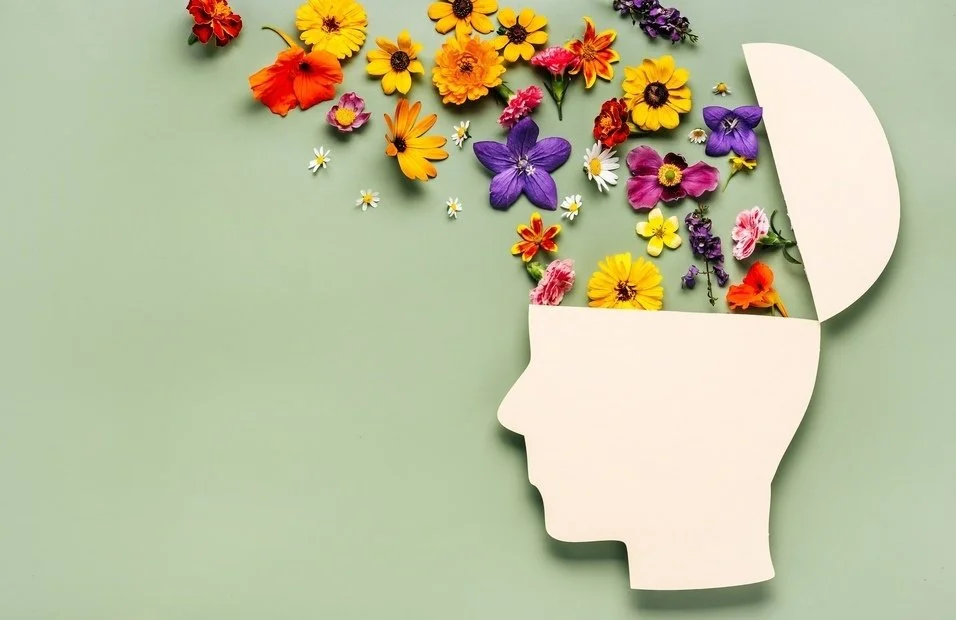How Do I Know If My Child Needs Therapy?
As a parent sometimes it can be hard to know what is “normal” versus when to seek the opinion of a trained clinician. Over the last several decades the mental health community have made huge strides in understanding childhood mental conditions. We can now diagnose and create treatment plans using evidence-based interventions that really work. This means that families can live more fulfilled, happy lives in which the concerns of children are better understood and parents feel more confident in their abilities.
Answering the Call for Help
Learning a language is hard. Children not only are absorbing each day new vocabular to describe the world around them, but they are also navigating the sometimes-turbulent world within them. The world of feelings and thoughts can be wonderous as well as overwhelming. For many young children the words needed to share how they feel can be easily overpowered by the need to scream, punch or act out. Some children may simple not know the words to describe how they are feeling, while others don’t feel heard by those around them. As children learn how to communicate, they often turn to their parents to make sense of their feelings and understand how to express them. Arming parents with the ability to model healthy emotional expression for their children and encourage emotional sharing in an open and accepting way are key components to building happy and connected families.
Sometimes traumatic events happen in children’s lives and both the child and the parents may struggle to know how to make sense of it. It can be hard for parents to find the right words or to share strong feelings with their child. In turn, children may not appear effected or may choose to not speak at all, leaving parents unsure of how the child feels. Understanding how children cope with trauma and what to look out for as a parent is very important and the key to healing. Thankfully, the natural resiliency of children when supported in a helpful way by trained professionals and parents is remarkable.
When parents know how to look for the early signs of mental health conditions in their children we can intervene early. Some of the most common mental health symptoms to look for in your child include:
You notice your child has had significant mood changes, such as sadness and withdrawal, which last at least two weeks.
You child has severe mood swings, which are impacting relationships at home or at school.
Your child is expressing intense feelings such as overwhelming fear for no reason. This may be accompanied by things such as fast breathing, racing heart and/or frequent nightmares.
You notice behavioral changes, such as frequent temper tantrums, defiance or aggression or hyperactive behavior.
You child exhibits out of control, dangerous behaviors. This may include frequent fighting and/or expressing a desire to hurt someone.
Your child appears to have difficulty concentrating, difficulty in school, failing grades.
Your child has unexplained weight loss- either a sudden drop in weight or a notable loss of appetite could indicate an eating disorder.
Take note of our child’s physical symptoms. Mental health conditions such as anxiety or depression can manifest in children as headaches and stomachaches.
Your child appears to have excessive worry or anxiety. This may present as fighting to avoid going to bed or school.
Your child is self-injuring/self-harming. This may exhibit as deliberate harming such as cutting or burning.
Your child has suicidal thoughts or attempts.
Getting Your Child Support
Depending on age and maturity level, some children may feel scared or worried about seeing a therapist. Sharing feelings with an adult they have never met before or being in a therapy room without a parent can be daunting to a young child. At Sage House, we specialize in child and family therapy and understanding the very real concerns of children and parents entering therapy. We work to make all our child clients comfortable, with the goal that therapy not only be helpful but also fun! Using art, play, and sand tray therapies as well as traditional counseling our highly trained and experienced therapists enable children to find their voices and thrive. If you feel your child could benefit from therapy or a clinical evaluation our therapists at Sage House are here to support you and your child. We believe all children have the ability to live fulfilled, happy lives.






